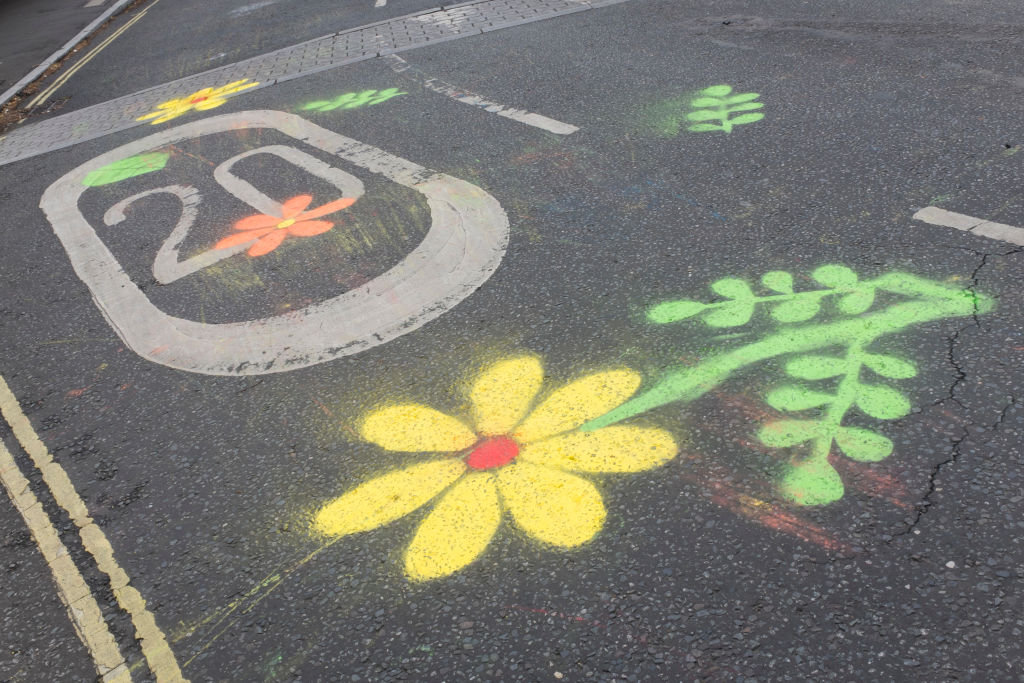
I’ve long argued that VCs getting excited about climate change is scary, and that the goal of a startup is to stop existing. But I haven’t been particularly successful at outlining what startup founders can actually do to build a more sustainable company in a world hurtling towards a climate crisis.
Enter Amit Paul and Nils von Heijne, who’ve spent the last few years thinking about how companies are formed and if there’s an alternative approach we could take. In their native Sweden, the duo have come up with an alternative organizational structure that aims to redefine the way we think about sustainability and regenerative business practices.
Called Regenerative and Circular Operations (RCO), this novel organizational model is not just a theoretical framework; it aims to be a practical approach to integrating sustainability at the core of operations. By weaving regenerative and circular principles into the fabric of the company structure, this model wants to set a new standard for corporate responsibility and ecological stewardship.
The framework has already received a tentative stamp of approval from Swedish authorities as the first company to incorporate this model was formed. The company, Innrwrks, was founded by Paul and von Heijne, and is trying to be the blueprint for how other startups can build on the same model.
Sweden’s tentative acceptance of the RCO model represents a step forward in the global movement towards sustainability and regenerative business practices. It provides a government-backed model that companies can look to for one approach to building more sustainable businesses.



![[CITYPNG.COM]White Google Play PlayStore Logo – 1500×1500](https://startupnews.fyi/wp-content/uploads/2025/08/CITYPNG.COMWhite-Google-Play-PlayStore-Logo-1500x1500-1-630x630.png)